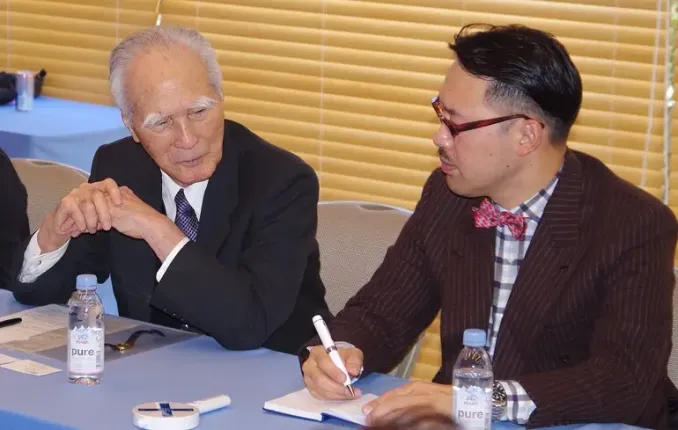Memory and acknowledgment: death of former Japanese prime minister known for his WWII apologies

Japan has lost a prominent political figure as former Prime Minister Tomiichi Murayama passed away on October 17 at the age of 101.
Known for his courageous and sincere stance regarding historical events, Murayama remains a significant figure in Japan’s political history.
Serving as Prime Minister from June 1994 to January 1996, he gained global recognition after delivering a landmark statement in 1995 — the ‘Murayama Statement’ — which marked the 50th anniversary of Japan’s surrender in World War II.
In this statement, he acknowledged Japan’s responsibility for inflicted suffering and expressed profound apologies to Asian nations affected by Japanese aggression.
This was a period marked by tense diplomatic relations and internal debates over historical accountability.
Murayama was the first Japanese politician to openly admit Japan’s guilt and request forgiveness.
Elected to the parliament in 1972, he became a leading voice in Japanese politics.
During his leadership, the country faced major tragedies such as the 1995 Kobe earthquake, claiming over 6,400 lives, and the Tokyo subway gas attack, which resulted in 13 deaths and thousands of injuries.
Despite criticism for the slow response to these calamities, Murayama remained a respected figure advocating for peaceful development and strengthened relations with neighboring countries like China.
After stepping down in 1996, he continued active political engagement, opposing nationalist forces seeking to deny Japan’s wartime actions and emphasizing the importance of honest historical remembrance.
His firm stance on historical issues became a benchmark for successive Japanese premiers until more nationalist leaders avoided official apologies.
Japan’s official stance, such as in its annual ‘Diplomatic Blue Book,’ has continued to express ‘deep regret’ for wartime actions, but historical memory remains contentious, especially with China and Korea, where many still demand formal acknowledgment and apologies for Japan’s wartime conduct.

